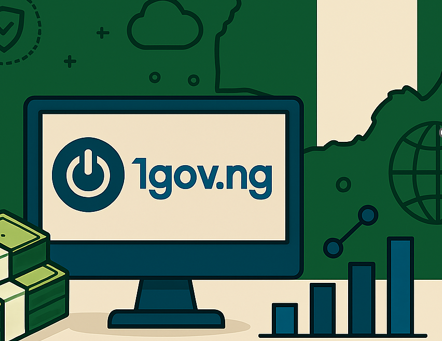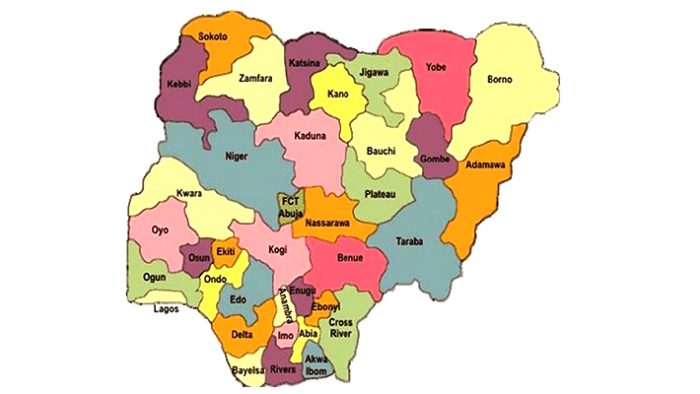Ibadan’s reputation as a city of scholars has long shaped its identity. Known for its civil service culture and academic institutions, the city quietly laid the groundwork for technological advancement decades ago. In 1963, IBM established the African Education Centre at the University of Ibadan, one of the earliest efforts to introduce computing education in Nigeria. Between 1966 and 1971, the university’s Computing Centre trained the country’s first generation of computer scientists, embedding a culture of technical inquiry that would later support the rise of data science.
Despite this early promise, Ibadan’s tech momentum remained subdued for years. Lagos, with its commercial energy, took the spotlight. Yet Ibadan retained a strong academic backbone, quietly nurturing talent in computer science, statistics, and engineering. This intellectual infrastructure would become the foundation for a new wave of innovation as global interest in data science began to rise.
A Grassroots Awakening: The Rise of Community-Led Innovation
By the mid-2010s, Ibadan began to experience a grassroots awakening. Community-led initiatives such as AI Saturdays Ibadan, RAIN Robotics, and Google Developer Groups started to democratize access to data science education. These groups offered free and affordable training, often in partnership with international organizations, and created collaborative spaces where students, professionals, and enthusiasts could build solutions tailored to local challenges.
The University of Ibadan remained central to this transformation. Its graduates began applying their skills to real-world problems, and startups like CropsCash emerged, using artificial intelligence to optimize agricultural supply chains. Student-led innovations, including smart pumps and kidnap alert systems, reflected a growing desire to use technology for social impact.
Our 2020 report on Ibadan’s data economy revealed compelling trends. Nearly all respondents believed that artificial intelligence had a future in the city. A significant majority called for stronger collaboration between academia and industry. Many had already begun applying their skills in sectors such as education, agriculture, banking, and health. These insights suggest that Ibadan’s data ecosystem is maturing and beginning to serve local needs independently of Lagos.
A Future in Focus: Forecasting Ibadan’s Data Trajectory
Ibadan’s data economy is poised for significant growth. One of the most promising trends is the regional export of talent. As training programmes expand and community support deepens, Ibadan is likely to become a source of skilled data scientists for other Nigerian cities and West African markets. This migration will enhance the city’s reputation as a hub for tech education.
Sectoral deepening is another key trend. Data analytics and artificial intelligence are expected to gain traction in healthcare, agriculture, and urban planning. Predictive models could improve disease management, while precision farming tools could boost agricultural productivity. Geospatial data may play a role in shaping smart city initiatives, helping planners optimize infrastructure and services.
Institutional integration will also be critical. Universities may begin offering formal degrees in data science and machine learning, moving beyond informal training hubs. This shift would help standardize curriculum and improve employability, ensuring that graduates are equipped to meet market demands.
Government adoption of data analytics is likely to accelerate. As public sector digitization continues, data-driven tools could enhance budget transparency, optimize service delivery, and improve citizen engagement. Ibadan’s government has an opportunity to become a model for data-informed governance in Nigeria.
Unlocking Ibadan’s Full Potential
To fully realize this potential, stakeholders must act strategically. Formal partnerships between academia and industry are essential to align training with market needs. Innovation districts or tech parks could provide infrastructure and support for startups. Government incentives, such as tax breaks and grants, would encourage investment in data-driven businesses. Inclusivity must also be prioritized, ensuring that women, non-programmers, and underrepresented groups have access to opportunities in the tech space.












Leave a Reply